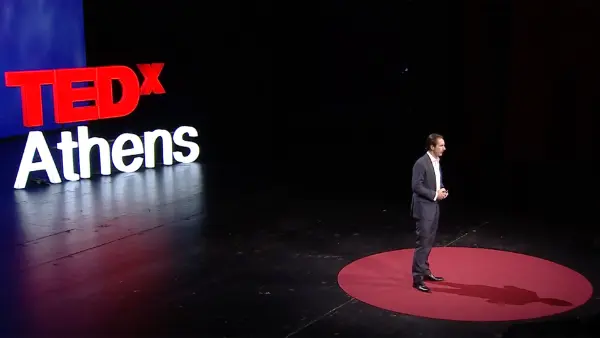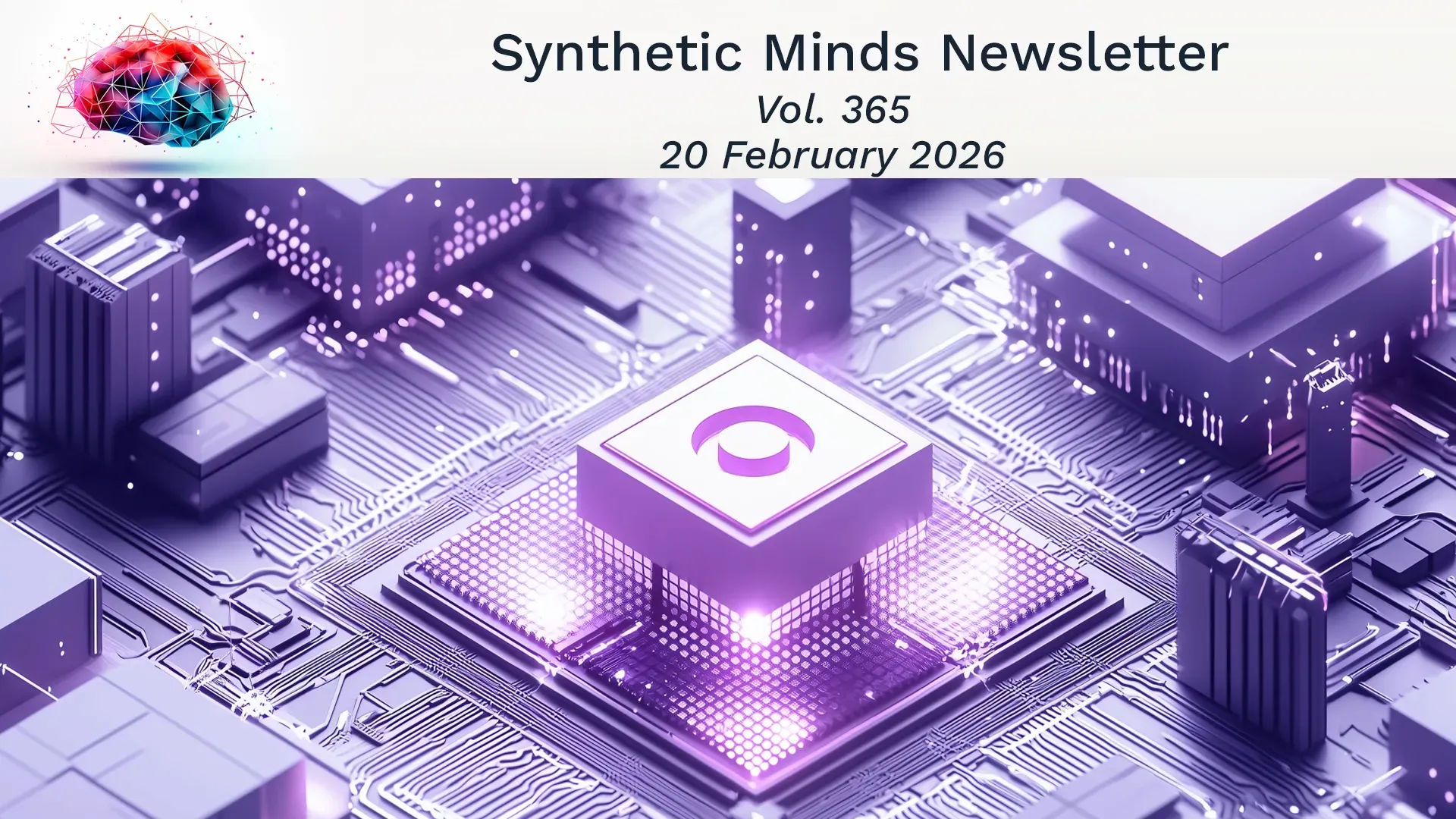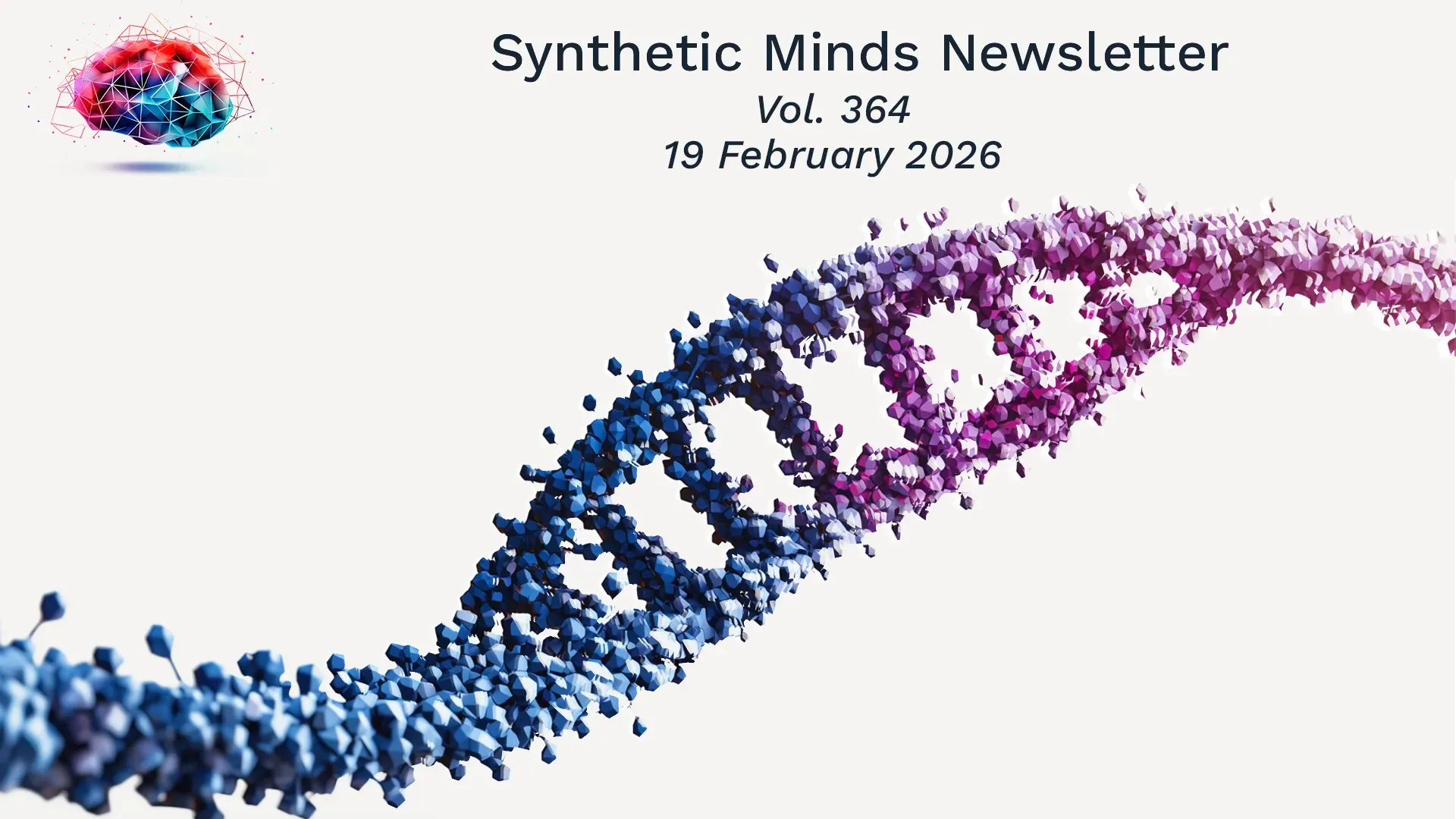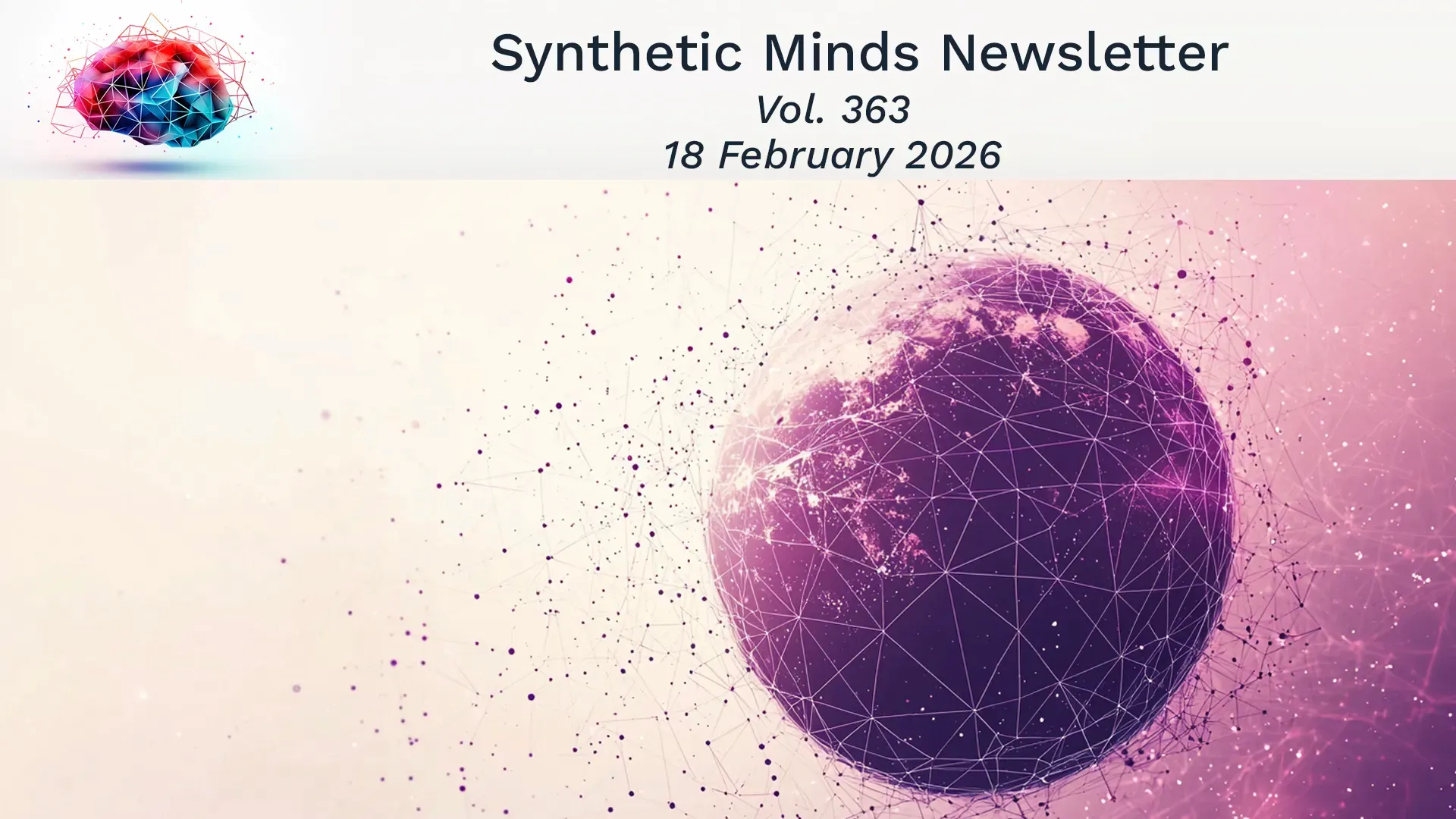Synthetic Minds | Microbial CEOs, Nuclear AI & Superwood Magic
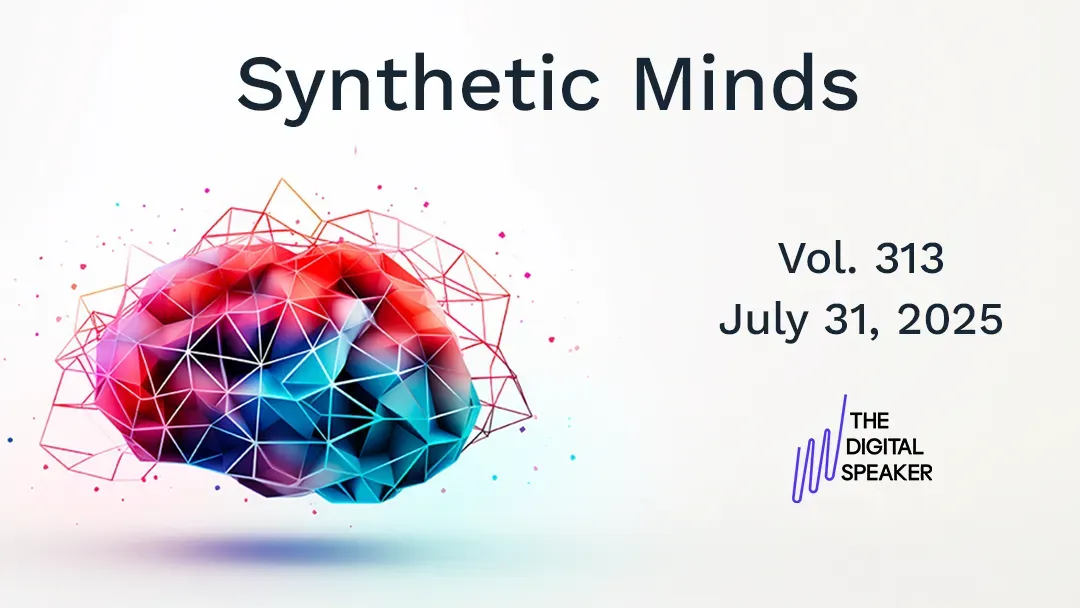
Synthetic Snippets from the World's Best Futurist
'Synthetic Minds' continues to reflect the synthetic forces reshaping our world. Quick, curated insights to feed your quest for a better understanding of our evolving synthetic future. This week’s Synthetic Minds covers why reality isn’t human-centric, but perspective-dependent—from microbial CEOs to bulletproof timberOnly a few days left before my new book, Now What?, will be available!
The Universe Doesn't Revolve Around Us: Why Nature's 39 Trillion Lessons Matter More Than Your Next Tech Stack
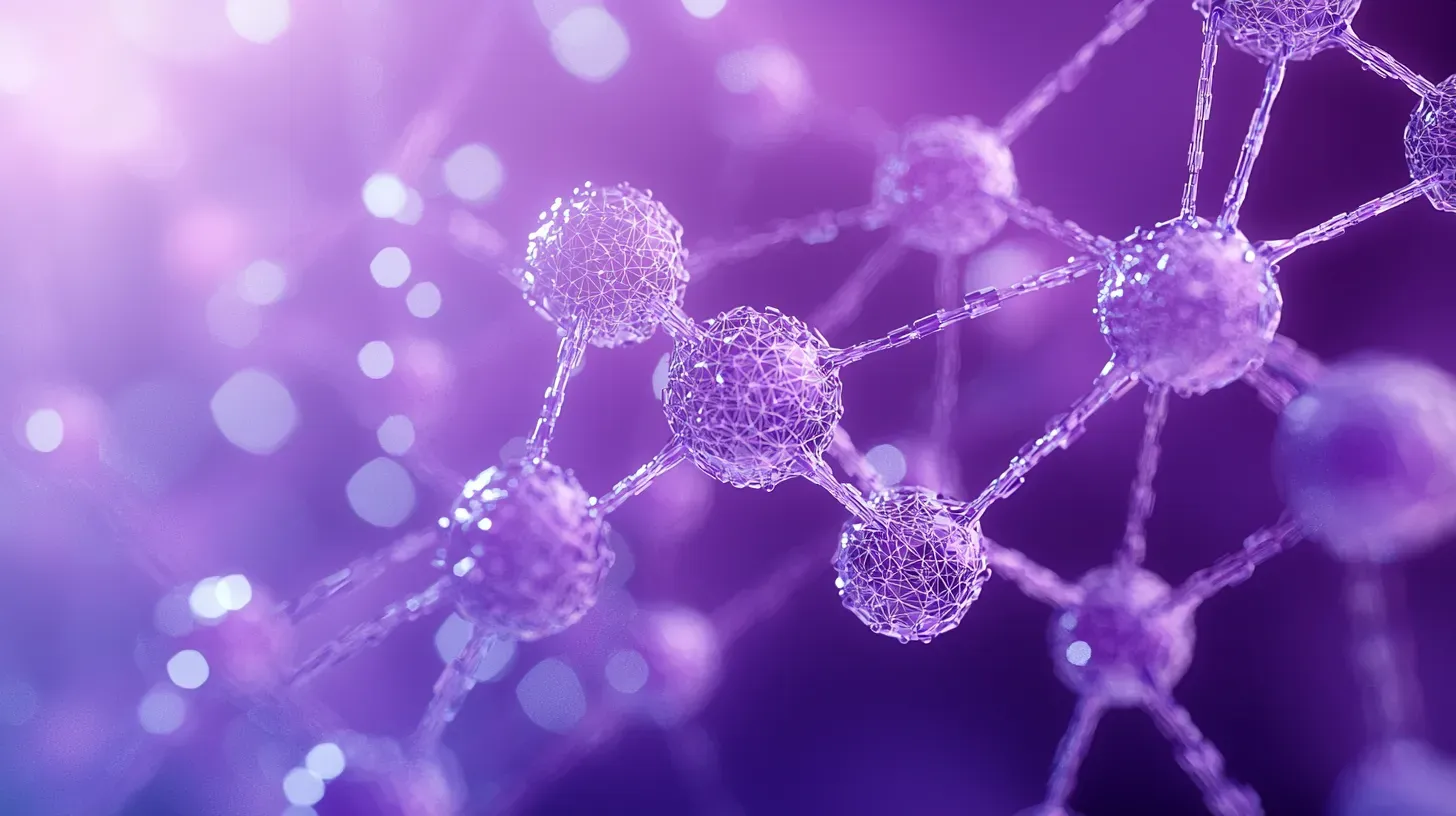
My Latest Article:
𝗬𝗼𝘂𝗿 𝟯𝟵 𝗧𝗿𝗶𝗹𝗹𝗶𝗼𝗻 𝗘𝗺𝗽𝗹𝗼𝘆𝗲𝗲𝘀 𝗧𝗵𝗶𝗻𝗸 𝗬𝗼𝘂'𝗿𝗲 𝗮 𝗧𝗲𝗿𝗿𝗶𝗯𝗹𝗲 𝗖𝗘𝗢. Bacteria figured out collaborative networks while you're building silos. Time to learn from organisms that actually understand systems thinking.
Every organism operates in its own 𝘶𝘮𝘸𝘦𝘭𝘵, a unique sensory bubble defining its entire reality. Bats navigate through echolocation. Bees see ultraviolet patterns invisible to us. Dogs experience scent layers we can't imagine. Yet we design organizations assuming everyone perceives reality like we do. That's your first leadership failure.
Ocean bacteria 𝘗𝘳𝘰𝘤𝘩𝘭𝘰𝘳𝘰𝘤𝘰𝘤𝘤𝘶𝘴 and 𝘚𝘺𝘯𝘦𝘤𝘩𝘰𝘤𝘰𝘤𝘤𝘶𝘴 connect through nanotube bridges, trading nutrients and information at cellular level. No hierarchy. No meetings. Just resource sharing that makes Silicon Valley's "collaboration" look primitive. Meanwhile, your body hosts 39 trillion microbes, not passengers but co-pilots vital for immunity, digestion, cognition. You're not a CEO. You're a walking ecosystem.
China's centralized AI governance and Silicon Valley's decentralized innovation aren't opposites, they're different umwelts, like spiders versus birds. Both work brilliantly in context. The meta-perspective leaders need isn't choosing sides but synthesizing diverse realities. Indigenous wisdom knew this. Taoism teaches it. Your quarterly reports ignore it.
Biocentrism demolishes the final illusion: life isn't a by-product of universal laws but the fundamental component shaping reality. Space and time are tools consciousness uses to make sense of experience. When you design systems assuming objective reality, you're building tomorrow's obsolescence today.
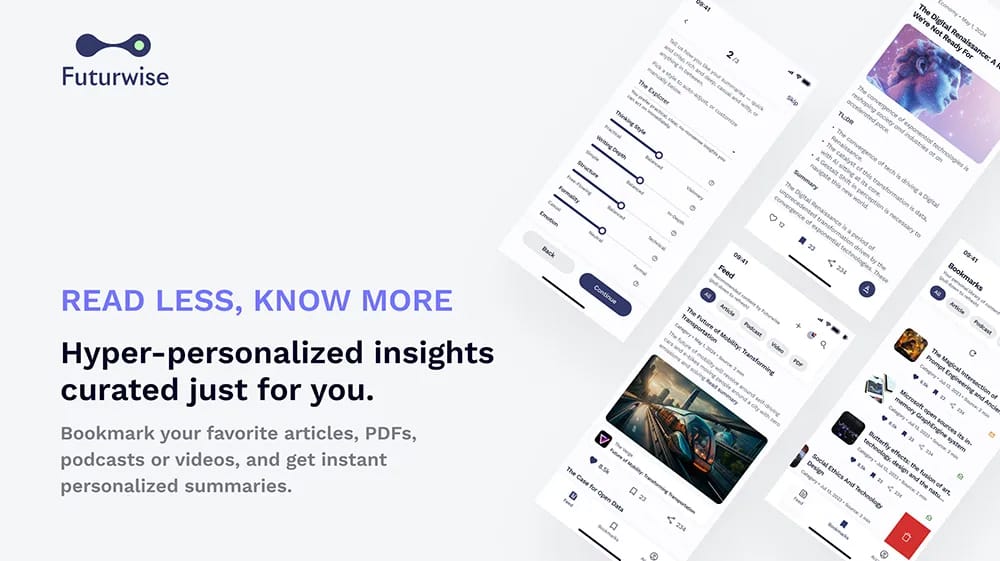
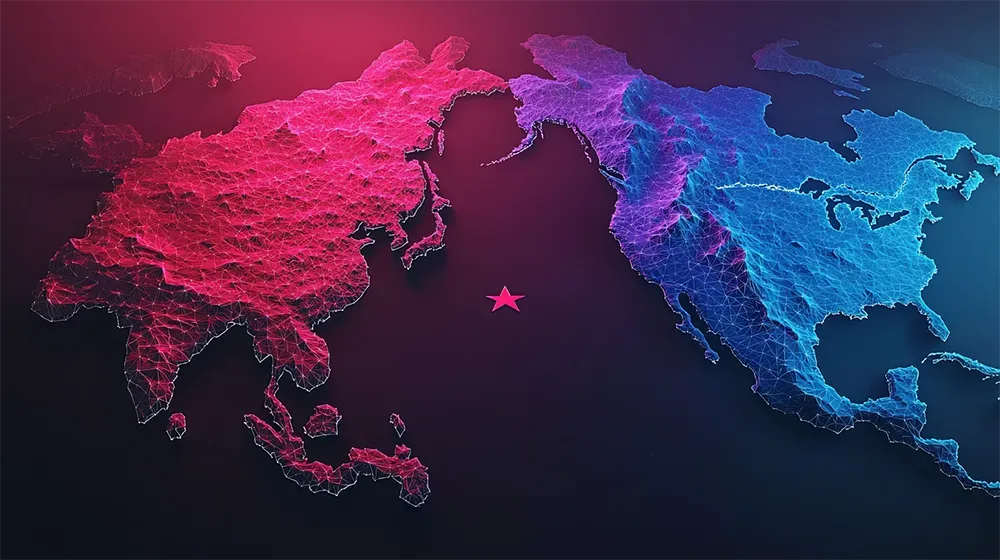
1. CHINA JUST PROPOSED A GLOBAL AI ORGANIZATION. THE TECH COLD WAR GOES NUCLEAR
China just threw down the AI gauntlet, proposing a global cooperation organization to counter Trump’s deregulated, “anti-woke” AI strategy. Premier Li Qiang’s message: join China’s open ecosystem or get locked behind America’s proprietary walls. As the U.S.-China rivalry intensifies, alliances are crystallizing, Belt and Road nations versus Western allies, with a staggering $15.7 trillion AI economy by 2030 at stake. Neutrality isn’t an option; choose your side. (CNBC)
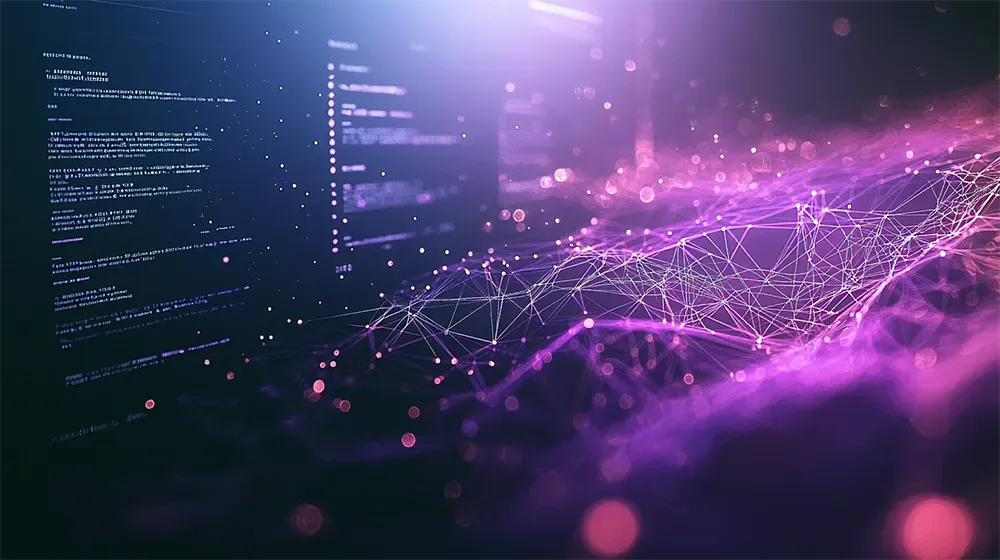
2. AI'S $1B SECRET: THE BEST ENGINEERS STOPPED WRITING PROMPTS IN 2025
Prompt engineering is dead, context engineering reigns. Forget clever strings; winners now architect entire ecosystems feeding AI precisely timed, relevant context. As Shopify’s Tobi Lütke puts it, solving tasks isn’t about smarter models, but richer environments: layered systems integrating memory, user history, and real-time tools. Companies still obsessing over prompts are missing a seismic shift, from static commands to dynamic orchestration. Context defines capability: stop prompting, start programming reality. (Phil Schmid)

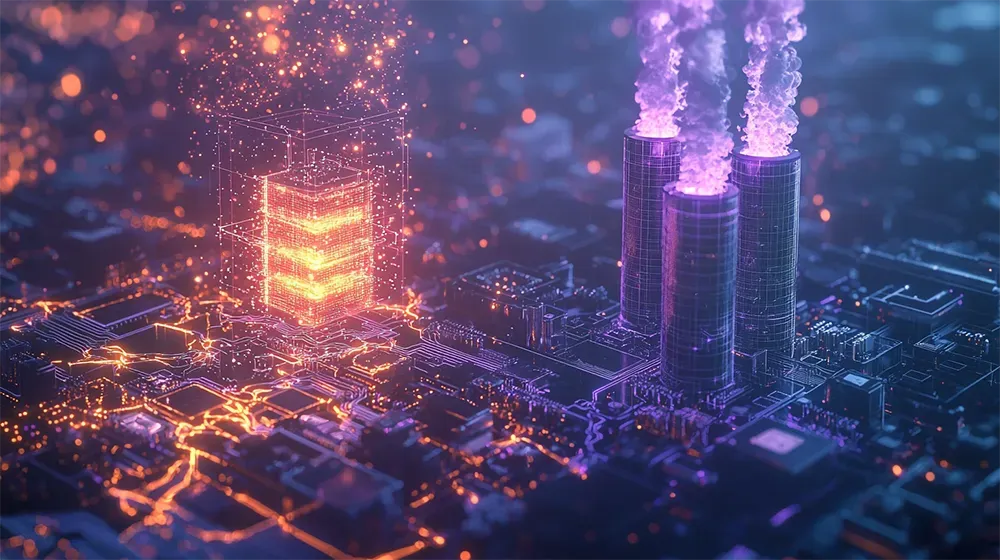
3. BUILDING TOMORROW: THE $51.6M CHIP THAT BREAKS AI'S ENERGY CRISIS
Silicon Valley’s AI race just hit a nuclear wall. With AI energy consumption surging 50% yearly, Google eyes fusion reactors and Amazon scoops up nuclear plants, yet a 2023 startup, Positron, is rewriting the playbook, offering chips three times more efficient than Nvidia’s best. The industry faces an existential paradox: better chips lead to hungrier models, shifting bottlenecks from silicon to energy production. When AI needs reactors, who’s really in control? (WSJ)

4. WASTE WOOD JUST BECAME STRONGER THAN STEEL: THE $500M FACTORY THAT CHANGES EVERYTHING
Forget steel and titanium, the next great leap is engineered wood. InventWood’s new factory transforms soft poplar scraps into “Superwood”: bulletproof, fire-resistant, stronger than steel, yet incredibly light. Born from Yale’s molecular alchemy, this carbon-neutral wonder material promises skyscrapers without steel, decks tougher than tropical hardwood, and futuristic aircraft built from trees. It’s sustainable innovation rivaling the smartphone’s seismic impact. When waste wood surpasses metal, are we experiencing materials science’s defining moment? (WSJ)
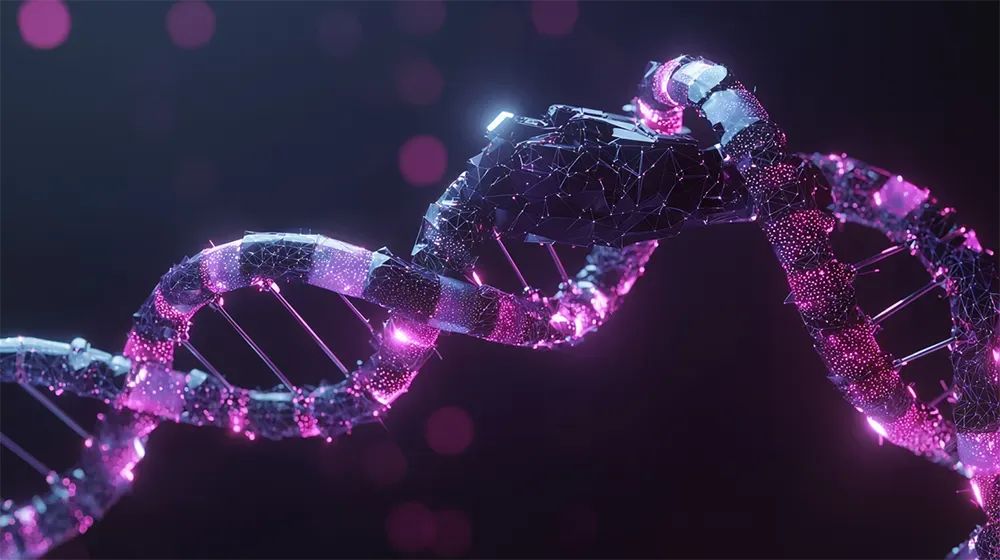
5. THE WALMART HEIRESS WHO'S TEACHING DOCTORS TO PRESCRIBE ART INSTEAD OF PILLS
The world’s richest woman, Alice Walton, is betting big on reinventing medicine, turning doctors into disease-prevention architects rather than symptom-chasers. At her groundbreaking AWSOM school in Arkansas, students blend art with medicine, master nutrition through cooking and farming, and train in spaces physically linked to art museums. By teaching physicians to see patients as masterpieces, Walton aims to heal healthcare itself, transforming treatment into human connection and prevention into common sense. (Time)
Bring the World's Best Futurist to Your Next Event – Let’s Talk!
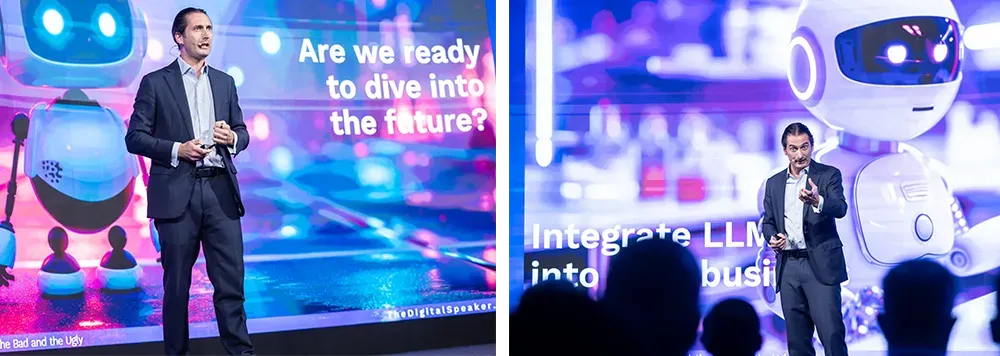
We’re entering a world where intelligence is synthetic, reality is augmented, and the old rules no longer apply. In my upcoming book, Now What? How to Ride the Tsunami of Change, I explore how exponential technologies aren’t just disrupting industries, they’re reshaping how we work, collaborate, and create value. I offer a practical, CEO-ready framework that helps visionary organizations embrace disruption, turning it from threat to strategic advantage. Ready to ride the wave? Just hit reply, and let’s start the conversation.
Enjoyed my content? An Amazon review or Google review would mean a lot! 🌟
Thanks for reading!
— Mark


